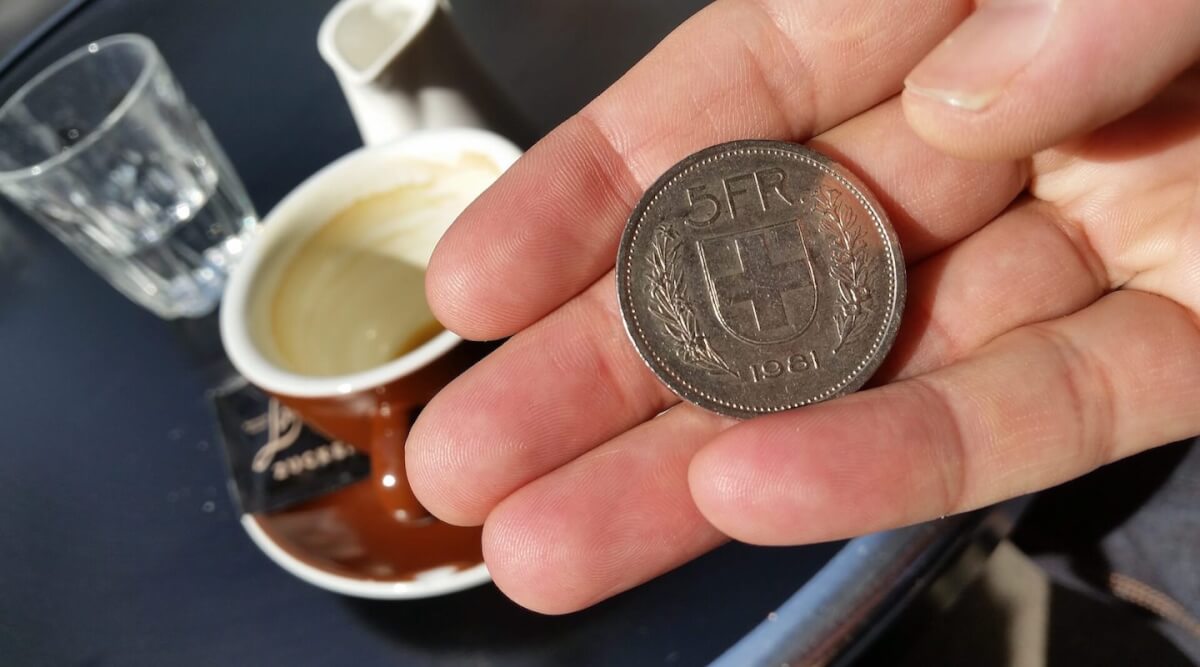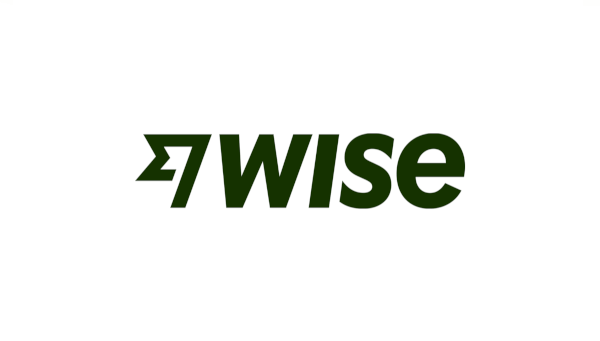What are the weakest currencies in the world? (2025)
The weakest currency in the world might not be the one you think it is. Discover the 10 weakest global currencies and our guide to each of them.

The European Central Bank (ECB) is the central bank for the Euro, and is responsible for maintaining price stability within the Eurozone. You can read more about what the ECB does in our short introduction to the institution. Not all European countries use the Euro, however - so how does that affect the way they work with the ECB?
Bulgaria, Croatia, the Czech Republic, Denmark, Hungary, Poland, Romania, Sweden are all Euroless… and of course the UK. Outside the EU but still in Europe, Switzerland has kept the Swiss Franc. All of these countries - barring Switzerland - own a share of the ECB capital stock. Although the ECB is subject to and governed by European law, it is set-up to resemble a corporation. It has shareholders and stock capital of €5billion. This capital is held by the national central banks (such as the Bank of England) which essentially act as shareholders, although shares can’t be transferred, sold or used as collateral.
The UK is one of Europe’s strongest and biggest economies - so despite not being part of the European single currency, it asked for a seat on the Executive Board of the ECB. However, this request was denied, and under pressure from the Banque de France, the seats were allocated to France, Germany, Italy and Spain. The Bank of England now owns a share of the ECB’s capital stock instead. Recently, the Governor of the Bank of England called on the ECB and Eurozone members to ensure that future steps to increase financial stability within the Eurozone do not have a negative effect on non-Eurozone members of the EU. It will be interesting to see what happens when the UK has its promised referendum on EU membership.
In 2011, Switzerland brought in a controversial policy to peg the Swiss Franc to the Euro, in order to keep the Franc down and to protect Swiss exports. However early in 2015, the Swiss National Bank announced that this would no longer be the case. This caused the Franc to immediately shoot up 20%, making Swiss exports more expensive - an apparently negative move for Swiss industry considering that 60% of all Swiss exports are sold in the Eurozone. Despite negatively affecting trade, the decision hasn’t been reversed. Sending money internationally? Use Wise to save on bank charges.
*Please see terms of use and product availability for your region or visit Wise fees and pricing for the most up to date pricing and fee information.
This publication is provided for general information purposes and does not constitute legal, tax or other professional advice from Wise Payments Limited or its subsidiaries and its affiliates, and it is not intended as a substitute for obtaining advice from a financial advisor or any other professional.
We make no representations, warranties or guarantees, whether expressed or implied, that the content in the publication is accurate, complete or up to date.

The weakest currency in the world might not be the one you think it is. Discover the 10 weakest global currencies and our guide to each of them.

The strongest currency in the world might not be the one you think it is. Discover the top 10 global currencies right now (plus a few more) and guides to each.

If you bank with Chase UK®¹ and you’re worried about the security of your payment card, you’ll be looking for quick and convenient ways to cancel a Chase card...

If you’re planning a holiday or business trip, you’ll need to work out the cost of spending in a different currency. Many people these days choose to spend on...

Looking for Christmas savings tips? You’re in the right place. As the costs of living increase, and rising interest rates push up mortgage repayments for many...

For customers of Wise Payments Ltd, sending or holding money in the Wise account, we safeguard it in keeping with Wise’s regulatory obligations in the UK. We...